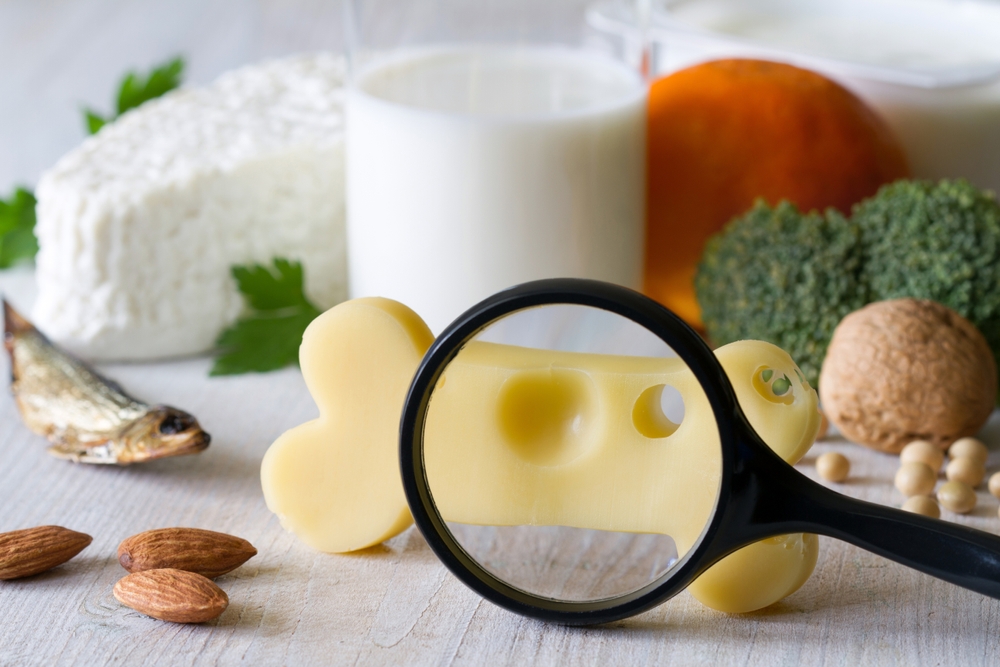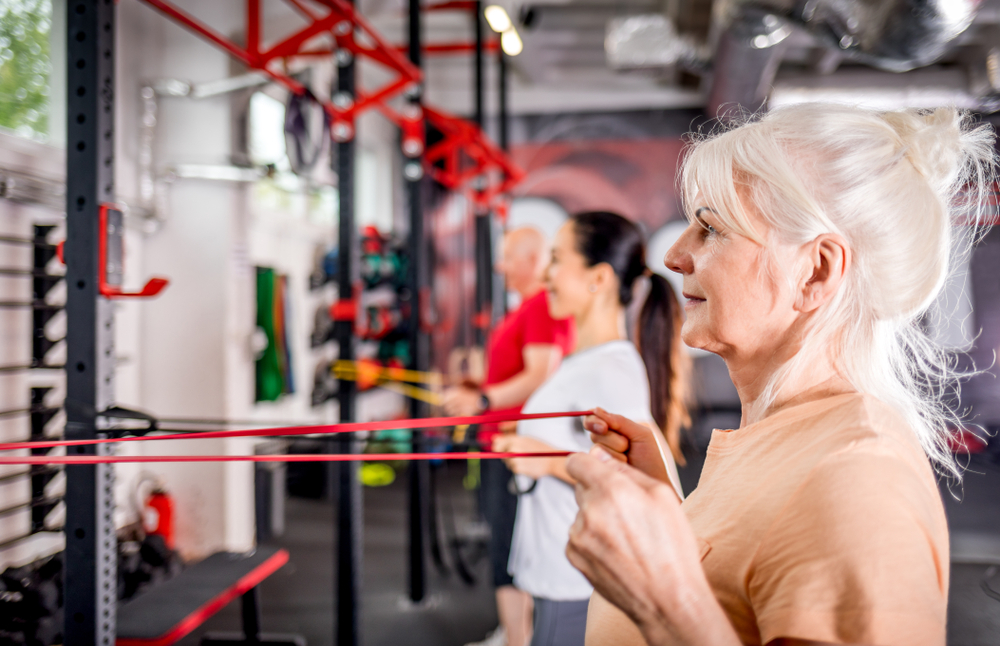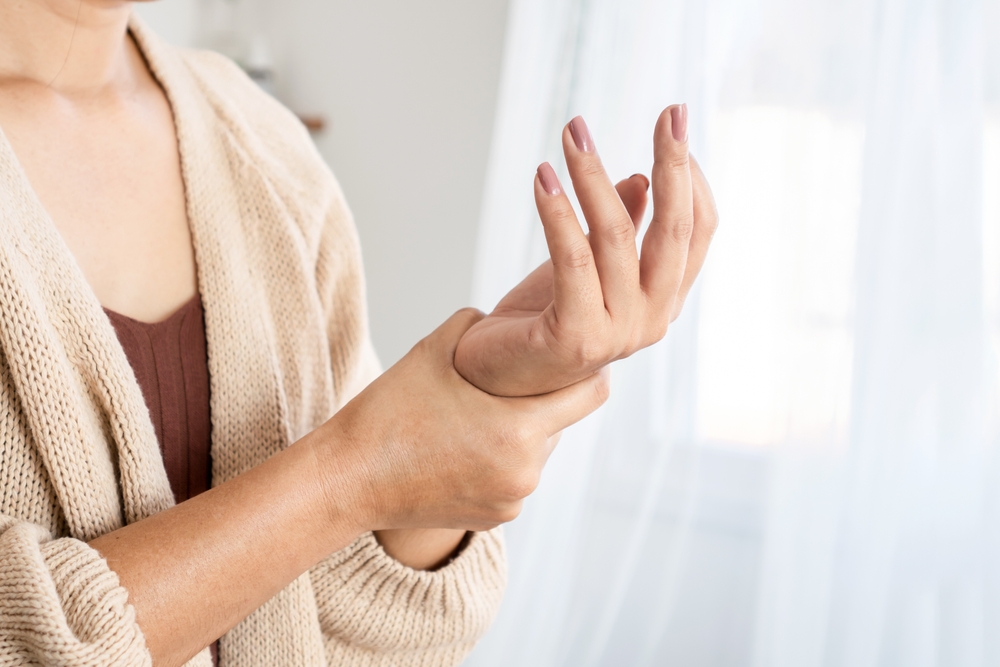Have you ever wondered how to improve your bone health as you age? It may not be as hard as you think. As you get older, the importance of strong bones cannot be overstated. Healthy bones are the foundation for a vibrant, independent lifestyle. Maintaining bone health is crucial, not only for preventing fractures but also for enhancing overall quality of life. Fortunately, bone health is within your control, and with the right strategy, you can protect your bones for years to come.

Fuel your bones with a bone-boosting diet
One of the most effective answers to the question of how to improve your bone health lies in your diet. A bone-boosting diet packed with calcium and vitamin D is non-negotiable.
- Calcium-rich foods: Calcium is the cornerstone of bone health. Include dairy products like milk, yogurt, and cheese, or non-dairy alternatives like fortified almond milk and leafy greens (spinach, kale).
- Vitamin D: This helps the body absorb calcium. Sources include fatty fish (salmon, mackerel), egg yolks, and fortified foods like orange juice or cereals. Sunlight also plays an important role in boosting Vitamin D levels.
- Magnesium: Found in nuts, seeds, whole grains, and leafy vegetables, magnesium is essential for bone formation.
- Vitamin K: This vitamin supports bone mineralization and can be found in green vegetables, such as broccoli, spinach, and Brussels sprouts.
- Protein: Adequate protein intake is vital for bone health, with sources like lean meats, eggs, beans, and legumes.
- Omega-3 fatty acids: These healthy fats, found in fatty fish, flaxseeds, and walnuts, reduce inflammation and support bone health.
A dietitian can help you identify any nutritional gaps and create a balanced eating plan that supports long-term bone health.

Embrace weight-bearing exercises for maximum bone strength
Weight-bearing exercises are your best friend when it comes to strengthening bones and increasing bone density. If you’re looking for how to improve your bone health naturally, incorporating these exercises regularly can make a big difference. Aim for 30 minutes of a combination of resistance training and impact training 3-4 times per week.
Resistance training
When your bones are put under stress, the body responds by increasing production of new bone cells. This leads to stronger and denser bones.
Simple exercises like wall push-ups, weighted squats, and shoulder press put that stress to work, giving you the bone-strengthening benefits you need.
Impact training
Activities like walking, hiking, dancing, or even light jogging work wonders by stimulating bone-forming cells.
Simple home exercises like step-ups or double leg stationary hopping are very effective.
How exercise physiology can help improve both health
While staying active is essential, overdoing it can be harmful to your bones. The key is consistency and balance. High-impact exercises without proper form or excessive exertion can lead to injuries like stress fractures.
Exercise Physiologists will form a program tailored to your unique needs, seamlessly integrating strength and impact training to optimise bone strength and minimise injury risk. With great precision, they monitor your improvements, progress your exercises, and ensure the correct exercises and load is incorporated. They also ensure flawless technique to unlock maximum benefits. The result? Enhanced bone density, reduced fracture risk, and a long-term defence against osteoporosis, empowering you to achieve peak bone health with confidence and control.
Protect your bones for a stronger tomorrow
Your bones don’t have to weaken as you age. If you’re wondering how to improve your bone health, the answer lies in a combination of the right nutrition, targeted exercise, and professional support. By committing to a bone-healthy diet and incorporating weight-bearing exercises in a safe, structured manner, you can build a future filled with strength and independence. Take control of your bone health by getting in touch with your nearest Lifecare clinic today.
Written by Ben Edwards, Exercise Physiologist – Lifecare Marouba, Matraville and St George
Ben Edwards is an Exercise Physiologist at Lifecare working across the Maroubra, Matraville and St George locations. Ben’s qualifications of a Masters in Clinical Exercise Physiology enables him to implement personalised exercise sessions in order to manage chronic health conditions, disabilities and musculoskeletal injuries while helping you achieve your goals.

